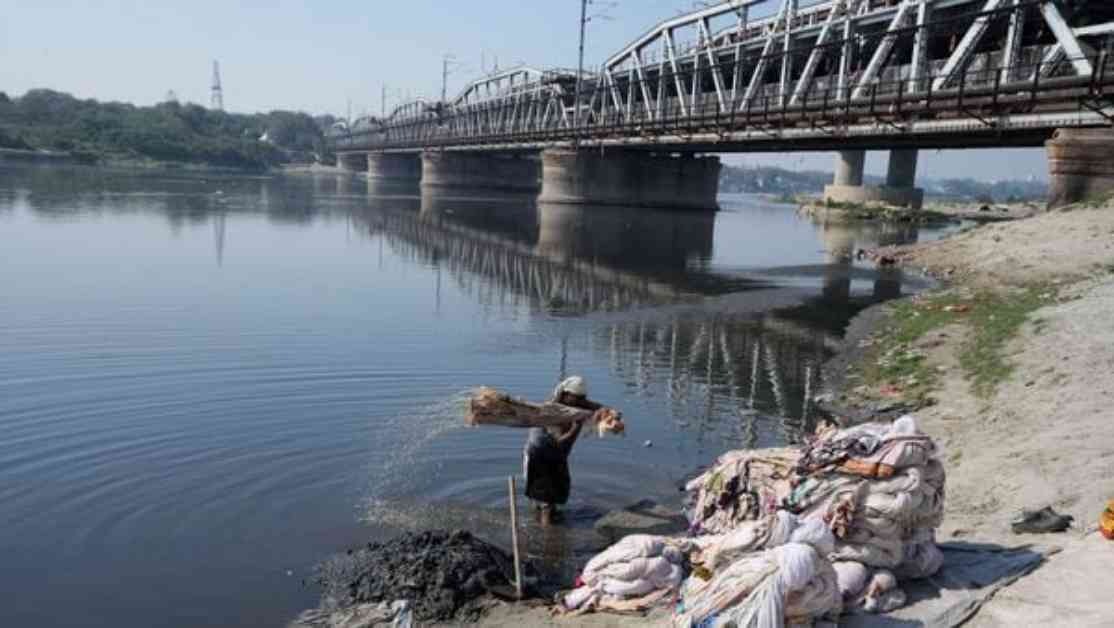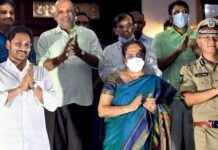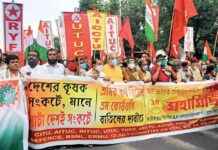Delhi Chief Minister Atishi has taken a bold step in the face of a looming crisis, penning a poignant letter to the Chief Election Commissioner (CEC) to address the alarming spike in ammonia levels in the Yamuna River. This issue, she argues, is significantly impacting the water supply in Delhi, affecting a staggering 34 lakhs of its residents.
The crux of Atishi’s letter lies in the assertion that the surge in ammonia levels can be traced back to untreated sewage and industrial waste from Haryana, contaminating the water supply that flows from the Yamuna into Delhi. The Delhi Jal Board’s CEO has highlighted that the water treatment plants in the capital are ill-equipped to handle ammonia levels exceeding 1 ppm, with recent levels soaring to a staggering 7 ppm—700% beyond the treatable threshold.
The implications of this water crisis are dire, with Atishi drawing attention to the potential health hazards posed by consuming water tainted with high levels of ammonia. Kidney damage, respiratory distress, and long-term organ impairment are just a few of the risks associated with such toxic contamination. Atishi has passionately labeled this situation as “an act of water terrorism,” a grave accusation directed at the Haryana Government for allegedly disrupting Delhi’s water supply in the lead-up to the upcoming elections.
In a plea for urgent action, Atishi has requested a meeting with the CEC to discuss this critical issue and ensure that the electoral process remains untainted by external interference. Her impassioned plea underscores the gravity of the situation, highlighting the need for immediate intervention to safeguard the well-being of Delhi’s populace and uphold the democratic integrity of the electoral process.
Expert Insights: AAP vs BJP
The political landscape surrounding this water crisis has been further heightened by the statements made by AAP Chief Arvind Kejriwal and Haryana CM Nayab Saini. Kejriwal’s unwavering commitment to protecting the people of Delhi from the perils of contaminated water is evident in his response to the crisis. He has unequivocally declared his intent to confront the issue head-on, refusing to let political maneuvering compromise the health and safety of Delhi’s residents.
On the other side of the political spectrum, Haryana CM Nayab Saini’s response has been marked by accusations of political posturing on the part of the AAP. His dismissal of the allegations leveled against Haryana and his challenge to Kejriwal to substantiate his claims reflect a tense standoff between the two states over the water supply issue.
As the political rhetoric intensifies, the underlying concern remains the same—the urgent need to address the water crisis and ensure the well-being of the people of Delhi. The stakes are high, with public health and democratic principles hanging in the balance, making it imperative for all parties involved to set aside political differences and prioritize the welfare of the citizens they serve.
In the midst of this tumultuous political landscape, Atishi’s unwavering dedication to protecting the interests of Delhi’s residents shines through. Her resolute stance against the forces she perceives as threatening the city’s water supply underscores the critical nature of the situation at hand. As the debate rages on, it is clear that the health and safety of the people of Delhi must remain at the forefront of any resolution to this pressing issue.


























